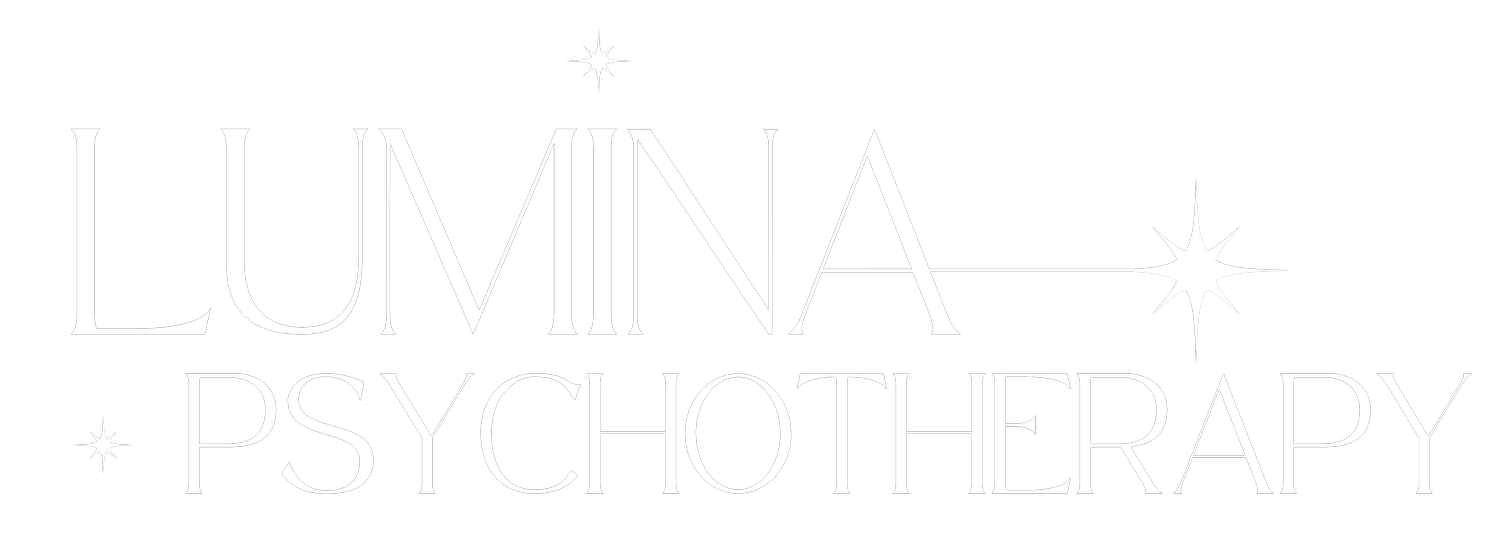Unraveling the Connection Between Anxiety and ADHD: A Closer Look
Anxiety and ADHD have a lot of overlapping symptoms, which can make it difficult to distinguish one condition from the other. Both may show up as as restlessness, difficulty concentrating, and impulsivity.
For individuals with ADHD, the constant struggle to stay focused may lead to heightened stress levels, triggering anxiety. Conversely, the persistent worry and fear associated with anxiety can impede cognitive function, mimicking ADHD symptoms. Recognizing these overlaps is the first step in unraveling the intricacies of coexisting anxiety and ADHD.
The relationship between anxiety and ADHD often creates a vicious cycle, where the symptoms of one condition exacerbate the other. For instance, a person with ADHD may experience heightened anxiety due to challenges in maintaining focus and meeting expectations. This anxiety, in turn, can intensify ADHD symptoms as the individual grapples with increased stress levels. Breaking this cycle requires a comprehensive approach that addresses both conditions simultaneously, acknowledging their interdependence.
Treating coexisting anxiety and ADHD involves a tailored approach that considers the unique needs of each individual. Cognitive-behavioral therapy (CBT) has shown promise in addressing both conditions by helping individuals reframe negative thought patterns and develop coping mechanisms. Additionally, lifestyle modifications, such as regular exercise and mindfulness practices, can contribute to overall well-being.
Empowering individuals who navigate the intersection of anxiety and ADHD involves fostering self-awareness and resilience. Providing education on the connection between these conditions helps individuals understand their experiences and reduces the stigma associated with mental health challenges. By offering a supportive environment and personalized strategies, therapists can empower their clients to navigate the unique complexities of coexisting anxiety and ADHD, fostering a path towards improved mental health and well-being.
The connection between anxiety and ADHD is multifaceted, requiring a nuanced understanding and targeted interventions. By acknowledging the overlapping symptoms, breaking the vicious cycle, and embracing comprehensive treatment approaches, individuals can find empowerment in managing both conditions. As we continue to unravel the complexities of mental health, fostering awareness and empathy becomes key in supporting those on the journey to balance and well-being.
